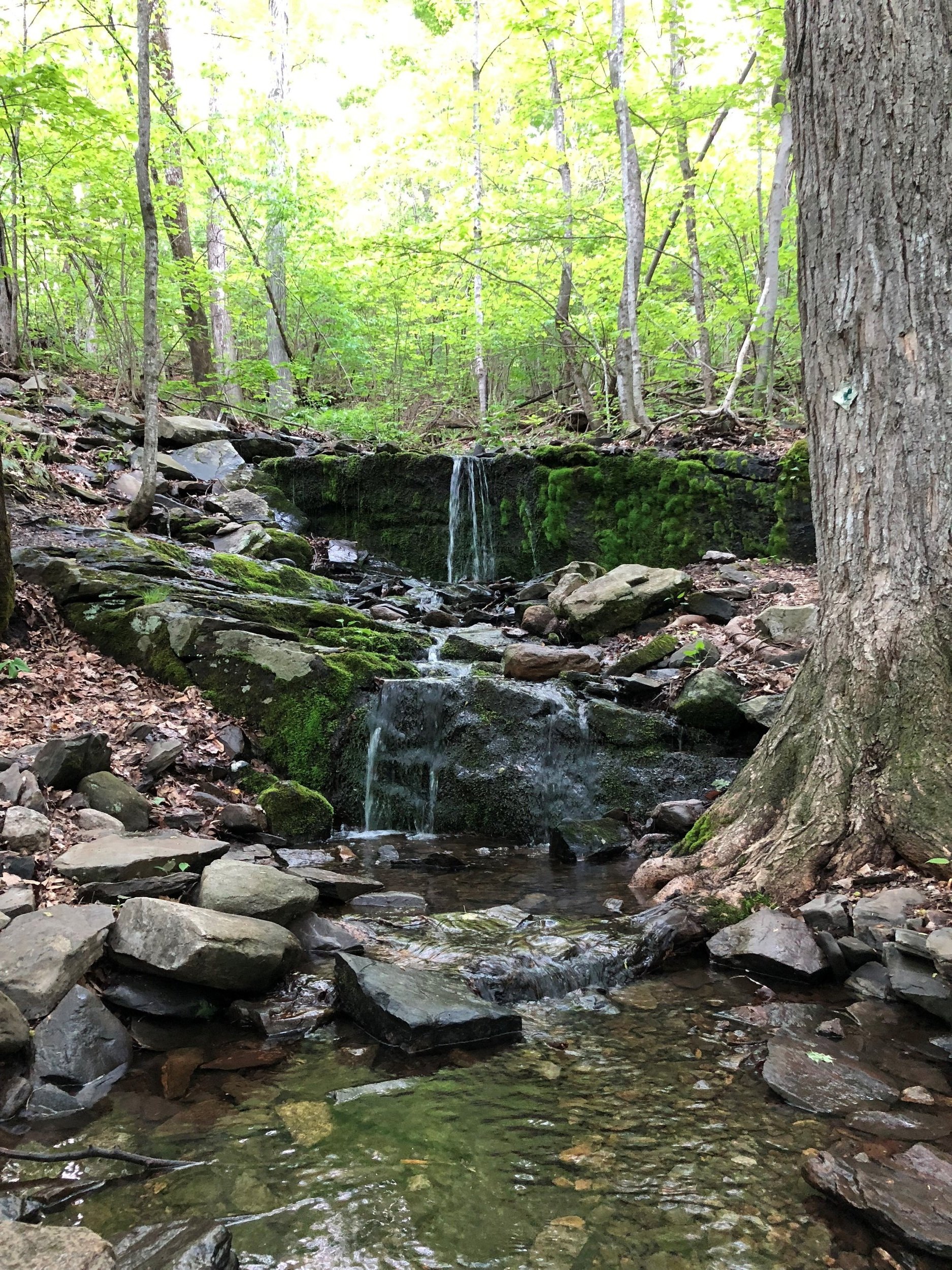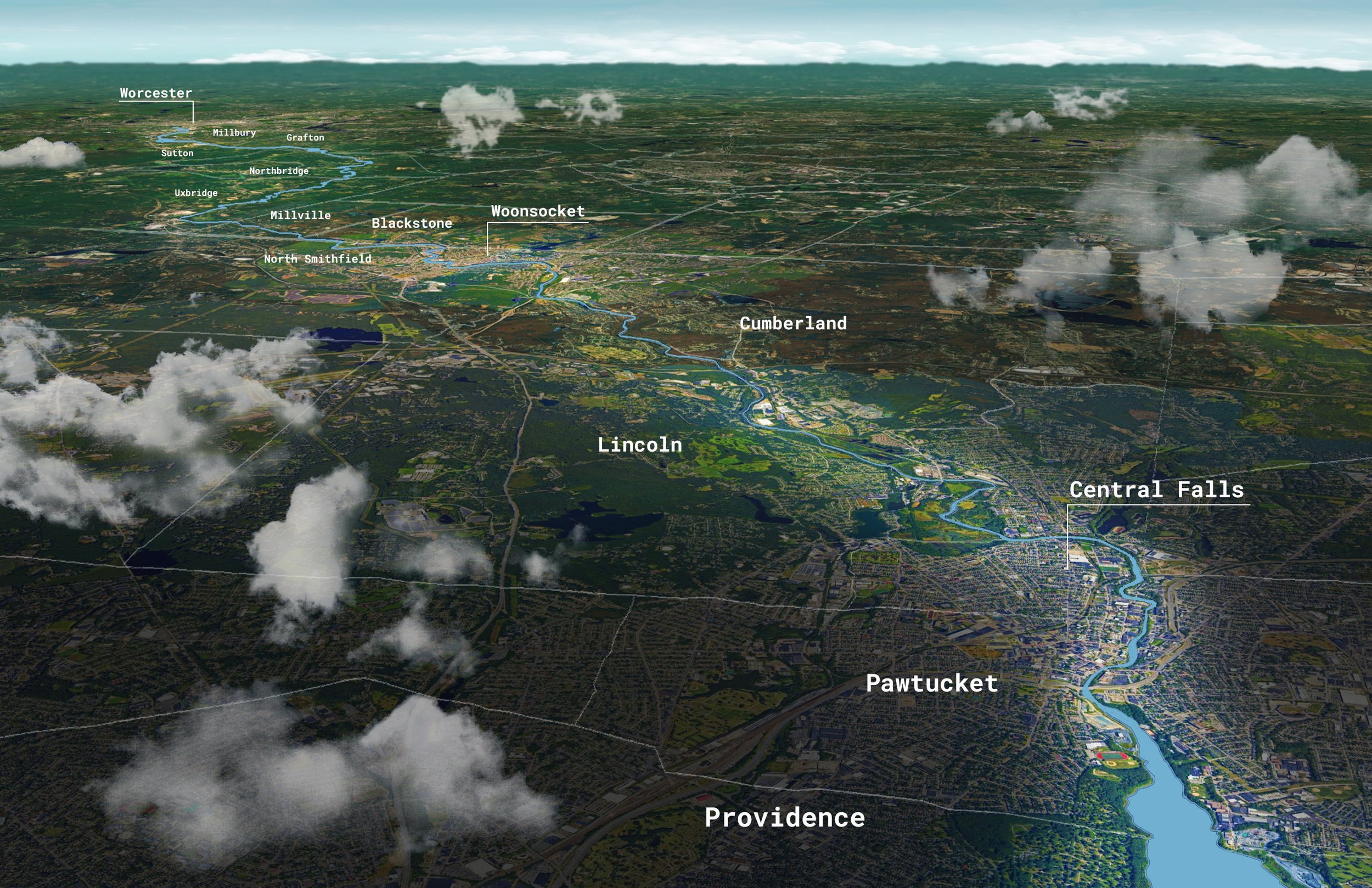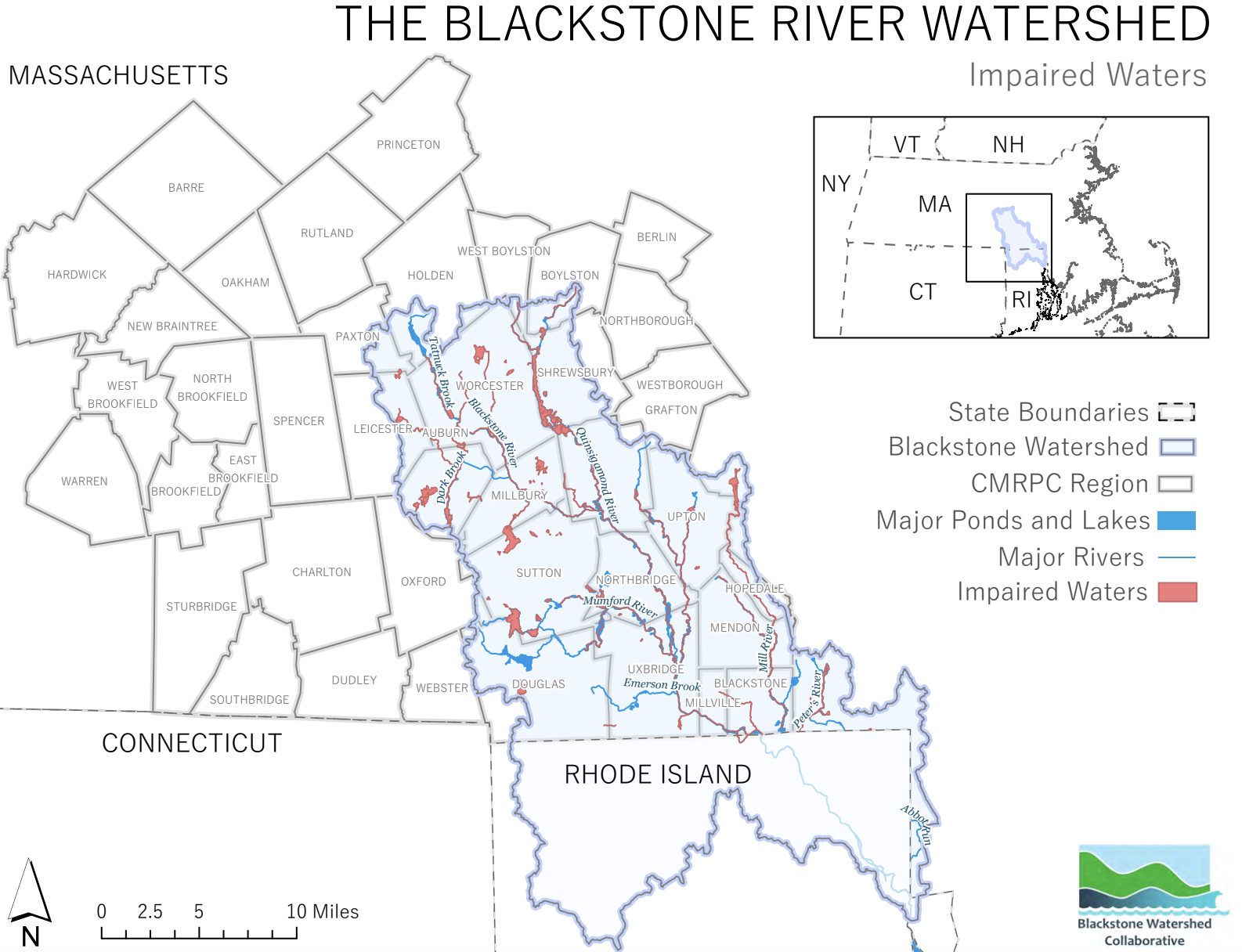
Collaborative Watershed Projects
Projects we lead
Mish(kittacuck)sepe Restored
The Mish(kittacuck)sepe Restored project is a long-term effort to reimagine the Blackstone River—known by its Indigenous names Mishkittakooksepe (Narragansett) and Kittacuck (Nipmuc), meaning “Great Tidal River.” This initiative brings together state agencies, tribal partners, local communities, and restoration organizations to envision a connected and thriving river system from Worcester to Providence. Through data collection, community input, and design renderings, this project explores what it would take to restore fish passage, improve water access, and revive the river’s natural flow while honoring its cultural and ecological history.
Wild & Scenic Designation
We’re working with our partners to explore what a Partnership Wild & Scenic designation would mean for the Blackstone - including funding to collaboratively write a Stewardship Plan for the river, and annual funding to implement that plan - such as improving recreational opportunities, restoring wetlands and waterways, enhancing aquatic connectivity, and more!
Improving Free Public Access
In many sections of the Blackstone’s 48 miles, recreational paddling access is limited. Access and portages around the numerous dams are often informal, down steep slopes, through yards of poison ivy, or not maintained. While groups like Friends of The Blackstone have made significant progress over the last few decades, there is much more to be done to improve equitable recreational access to the river.
Explore a new paddling access guide to help clarify where and how to explore this amazing river, including put-in locations and how to portage dams.
Culvert Assessment Trainings
Aging infrastructure is especially vulnerable to the extreme storms of climate change - especially culverts, which transport water under roadways. Learn what a culvert is, why they’re important, and explore getting certified to assess them through a NAACC certification.
In 2023-2024, the Collaborative certified over 50 new lead observers, a dozen trainers, and assessed over 150 culverts in the Mumford River subwatershed. We’re offering a limited training again in the spring of 2025 - contact Caleigh to learn more.
Dams are downright complicated. Environmentalists often push right for removal, but community members and other groups may love the sound, the waterfall, the history, the recreational impoundment, or other aspects of the dam. It’s important to consider the future of aging infrastructure and determine what can be done to balance goals such as public safety, climate resilience, ecological restoration, recreation, and preservation of culture.
Learn more about dam decision support tools, mapping, and dam removal resources such as funding and permitting here.
Don’t forget to also check out the monthly Dam Busters webinar series from DER, Mass Rivers, and CRWA.
Interested in joining a Mass ECAN peer-learning community of practice around dam removal? Contact Jes to learn more.
Be the Voice of Kittacuck: Restoring Migratory Fish
The Blackstone - also called Kittauck (Nipmuc) or Mishkittakooksepe (Narragansett) - hasn’t had a healthy population of migratory species such as herring for over 200 years, but we’re working with our partners and the State of RI to change that. Restoring anadromous (migratory) fish species by creating ways around the lowest four dams on the river is critical not only to the local ecology, but also to indigenous culture. Help be the voice for the river and show your support for bringing these fish home.
Learn more about the Community Advisory Council and our annual fish migration parade, or learn more about the lower four dams and where the fish passage project stands.
Addressing Combined Sewer Overflows (CSO)
Combined sewers are those pipes that channel both stormwater and sanitary sewer in one pipe. During heavy rains, these pipes can overflow and lead to contamination in local waterways in what’s know as a Combined Sewer Overflow, or CSO.
Combined sewers exist in two parts of The Blackstone River - in the headwaters of Worcester, MA and the lower section in Pawtucket and Central Falls, RI.
Learn more about what CSO is, how it’s addressed, and what we can do moving forward to reduce CSO events with the impacts of climate change and extreme precipitation.
Projects we support
Watershed-Based Plan
We’re working with CMRPC and other watershed partners to create a nine-element watershed based plan. This plan will offer comprehensive and quantitative analysis to identify knowledge gaps, characterize watershed conditions and sources of pollution, establish water quality goals, and outline ways to implement improvements that benefit all 29 municipalities in MA - as well as those downstream.
Explore the latest water quality monitoring data from 75 sites from Worcester to Pawtucket, collected by the Blackstone River Coalition on the second Saturday of the month from April through November.
Volunteer opportunities available!
The 2026 Water Quality & Volunteer Recognition Summit will be coming up soon - sign up for our newsletter to make sure you hear about it!
Indigenous Education
Indigenous perspectives are too often left out of conversations and education programs. Our partners, the Blackstone River Watershed Council/Friends of the Blackstone (BRWC/FOB) are coordinating a partnership between the Narragansett and Shinnecock Indian tribes to bring education and outreach programs to afterschool programs in RI. This program “teaches our communities about Native values and how to use those values to appreciate the Blackstone River…We want people to be a voice for the river because the river has no voice and it’s up to the new generations to speak up,” says John Marsland, President of BRWC/FOB.
Invasive Water Chestnut Removal
The water chestnut is an invasive plant species that devastates the Blackstone by overtaking native species, decreasing overall biodiversity, complicating recreational uses, and reducing real estate and aesthetic value.
Join our partners, including NEIWPCC, Friends of the Blackstone, and local watershed groups this summer to help remove this invasive species from our waterways.
Broad Meadow Brook Restoration
Mass Audubon, the MA Division of Ecological Restoration, and other partners are working to restore a wetland in New England’s largest wildlife sanctuary - Broad Meadow Brook in Worcester. Learn more about the decommissioning of a municipal sewer line and the project’s goals to improve water quality, enhance native habitat, and reduce urban flooding in this environmental justice neighborhood.
Creating Resilient Communities: Bylaws & Regulations
Unsustainable development and climate change are the largest threats to our region. Ensuring each of our communities have regulations in place that support sustainable development practices such as minimizing impervious surfaces and using nature based solutions to manage stormwater is one the best things we can do to prepare for a more resilient future.
Previous projects
Blackstone River Commons (2022)
The Blackstone River is a commons - a resource shared by the community, to be kept open and protected for future generations.
In 2022, we wanted to acknowledge and celebrate the work that has been done in the past as well as the work that remains to create a vibrant, resilient and diverse future for the Blackstone River. We paddled 60 miles from Worcester to Providence and met with decision makers, community members, artists, wastewater treatment operators, and more to shine a light on our watershed, its challenges, and its many opportunities to work together.
Note: This work has continued through many other initiatives, including a 2024 paddle down the river and plans for future river paddles. Check out our paddling page for more information.
ZAP 50th Anniversary (2022)
In 1972, ten thousand volunteers donated over $32 million of their time and removed over 10,000 tons of trash and debris from the Blackstone River—from hundreds of cars to shopping carts, furniture, and appliances.
For the 50th anniversary in September, 2022, teams from all over MA and RI got together to clean up the watershed again, and then celebrate all that we’ve accomplished over the past half century. Don’t forget to check out the amazing photos!
“Participating in the Collaborative is a really great way to stay in touch with what is going on in the watershed [including] projects that other communities are doing [and] potential collaboration opportunities.” - Katie Liming, Lakes and Ponds Program Coordinator, City of Worcester.















